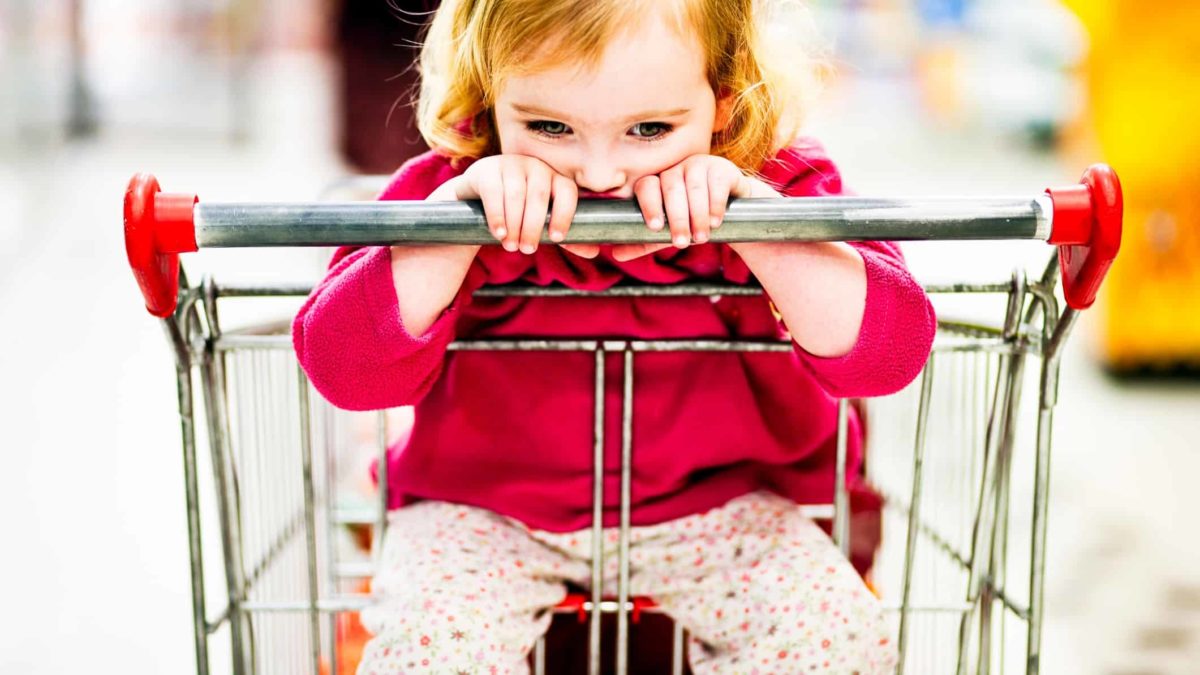The Coles Group Ltd (ASX: COL) share price is having a pretty decent day today. Coles shares are currently trading for $15.69 after rising 1.29% in intra-day trading so far. That's a bit better than what the broader S&P/ASX 200 Index (ASX: XJO) is doing today, being up 1.03%.
But zooming out, the picture is a little more divergent. Since the dawn of the year, the ASX 200 is up a reasonably healthy 2.5%
But over the same period, the Coles share price is down a nasty 15.03%, taking into account today's rise. Yep, Coles shares started the year at $18.50.
Zooming even further out, and the picture is even worse for Cole shareholders. The supermarket giant was swapping hands for more than $19.20 a share in mid-August last year. That means the current Coles share price is down nearly 19% from those highs.
On the surface, it's hard to know exactly why investors are shunning Coles. Sure, it's arguably not the most exciting company in the country. But it's a stable, dividend-paying consumer staples company. That has a lot of appeal for many investors in its own right, you would think.
Coles even reported an 8% rise in revenues and a 12% bump in earnings last month during its half-year earnings report for the six months ending 31 December 2020. Net profits were also up 14.5% over the previous corresponding period. Even Coles' interim dividend was bumped up a healthy 10% to 33 cents per share.
On current pricing, that gives Coles a trialling, fully franked dividend yield of 3.88% (or 5.54% grossed-up). Objectively, that seems a pretty attractive yield in this era of near-zero interest rates.
Why are Coles shares out of favour?
But it was the immediate aftermath of the delivery of this earnings report that saw the Coles share price collapse. Obviously, negative sentiment still abounds today if we revisit the statistics above. So there must be something in the water here.
Management did offer some nuanced commentary as part of its report, so let's dig deeper into that:
Depending on COVID-19, vaccine roll out and efficacy, and other factors, sales in the supermarket sector may moderate significantly or even decline in the second half of FY21 and into FY22.
Coles will be cycling elevated sales from COVID-19 in supermarkets late in the third quarter, for the remainder of the second half, and most of FY22 associated with: pantry stocking; people working and eating from home; customers shopping online to avoid physically being in-store; more Australians being in Australia due to border closures.
Coles also pointed out that reduced immigration (and population growth by extension), as well as the reduction in government stimulus measures (such as JobKeeper), might also drag on future sales growth.
So it's not hard to see why investors weren't too enchanted by these predictions. Coles is arguably telling shareholders to expect to see sales (and possibly earnings and profits) go backwards across the rest of FY2021 and into FY2022.
Coles also has a proportional dividend policy (aiming to pay out 80-90% of earnings). That might even result in a dividend cut if earnings reduce substantially.
Could it be for these reasons that investors have been shunning the Coles shares of late?
On the current Coles share price, the company has a market capitalisation of $20.98 billion, and a price-to-earnings (P/E) ratio of 20.






